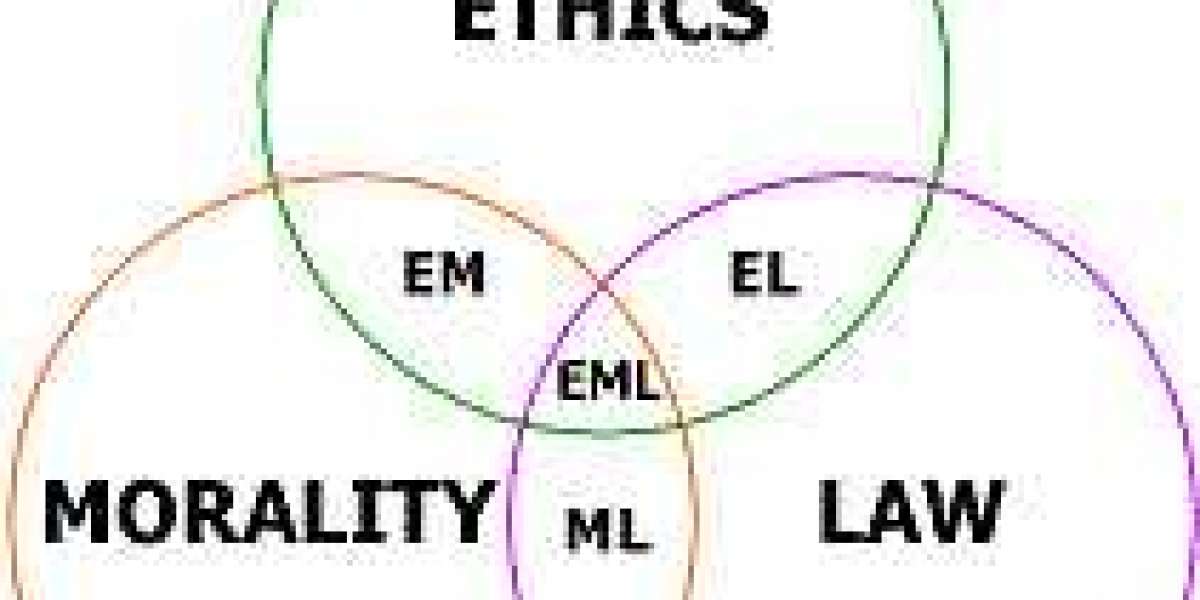“When law and morality contradicts each other ,the citizens has the cruel alternative of either losing his moral sense or losing his respect for law.”
Moral questions arises in almost every legal system and confronting them is one of the fundamental characteristic of every free society. In many cases there is a conflict between law and the moral code of certain group or individuals. More extreme in the situation in which the law actually conflicts with the majority’s moral values. Law accomplishes it primarily through the threat of sanction if we disobey legal rules. Morality too involves incentives like bad acts may result in guilt and disapprobation and good acts may result in virtuous feeling and praise. These two are very different avenues on effect of our action.
The argument between legal versus moral has been, and is currently ongoing discussion differentiating the to legal is something that has been appointed, established, authorized by the law. All citizens of the society e must obey these laws even if they don't necessarily value them. Morality is concerned with the principles opof right versus wrong that are based on one’s personal feelings, values and opinion. According to philosophers , the argument between legal and moral can be distinguished in many ways. Kant, relativist believe that ones morals are based on experiences and determined through their life through self rule. The hedonism theory is based on actions and belief that motivate and maximize self interest with little pain for others. As a relativist philosopher, Immanuel Kant believes that humans values are based on the culture they grew up in. He says that people choose whether something is right or wrong according to the influences of their familiar culture. The grew up learning right from wrong in their culture, so they believe in those values. An individual’s moral are based upon the personal values, but motivated by their culture. Looking at an example, if one has a choice of having abortion but it is against their religion, then they may feel that the right moral choice vote to not receive one. Kant it says that human the subjective and base their values on their personal values and opinions. He says that “goodwill” is the only good without any qualification this means that a good attitude of feeling about something is moral, to that specific individual. One persons value and belief shape their individual personality and character.
Essentially every person does things primarily to help themselves, whether it's helping the homeless for the self satisfaction of helping others, accomplishing something for happiness and contentment, surcharge ceiling positions that affects other people. Hedonists, such as Aristotle, believed that pleasure and happiness is the primary factor of ones moral and values. Choices are made by hedonist to provide personal pleasure and the satisfaction of accomplishing something. The choices that are valued and acted upon to do not harm others, but at the same time given individual enjoyment. According to hedonism, moral goodness is doing the right thing, but it may not always lead to happiness in long run. Aristotle states that “highest good must be something final” his arguments are mainly based on hedonism where happiness and pleasure come from fulfilling our human nature, and that nature is originated in excellence. Aristotle came up with two types of virtues intellectual virtue and moral virtue, generosity and self control of an individual. A hedonist's moral and some words similar to a relativist's moral where the believe in human nature and their personal values. They can be distinguished where Aristotle says that human morals are things they act upon, or believe, to maximize their pleasure, where as Kant says that humans moral are based upon the influences of their culture and what they learnt throughout life. Sometimes if something is legal, it is not always moral in fact there are many things in which this is true. For example, if someone wants an abortion they have a right it is it is legal. However, doesn’t mean it is right or moral thing to do. It depends upon the individuals value and opinion of weather it is right or not. A hedonist would do to what he or she values the most, that will promote their self interest.
In addition, is something one believes is moral, it may not always be legal. For example, if somebody morally things it is OK to steal from other people because their moral values are low, does not make it legal. Stealing most likely motivates self-interest, given that the individuals moral are low. It may give then happiness and pleasure therefore it is possible for them to think it is moral. Kant and Aristotle theories of moral ethics are similar where the belief that morality is based on free will and freedom of choice. They differ because in Kant’s , he says that individual free will is not entirely based on their own opinions and values it is influenced by culture and experiences. Aristotle’s hedonism theory states that peoples moral values are based on motivating their self interest essentially giving them freedom of choice. Looking at the both sides of the argument legal in moral are not synonyms. Morality is based on an individual’s opinion and values where as legal it focuses primarily on the law system and forces of the government.






